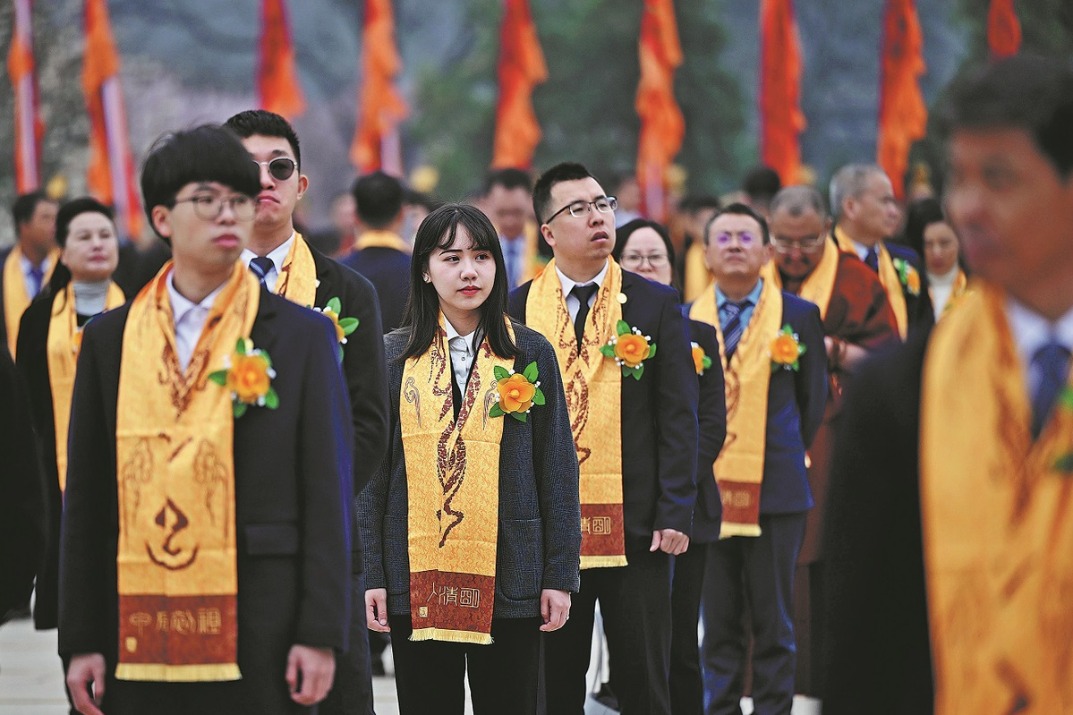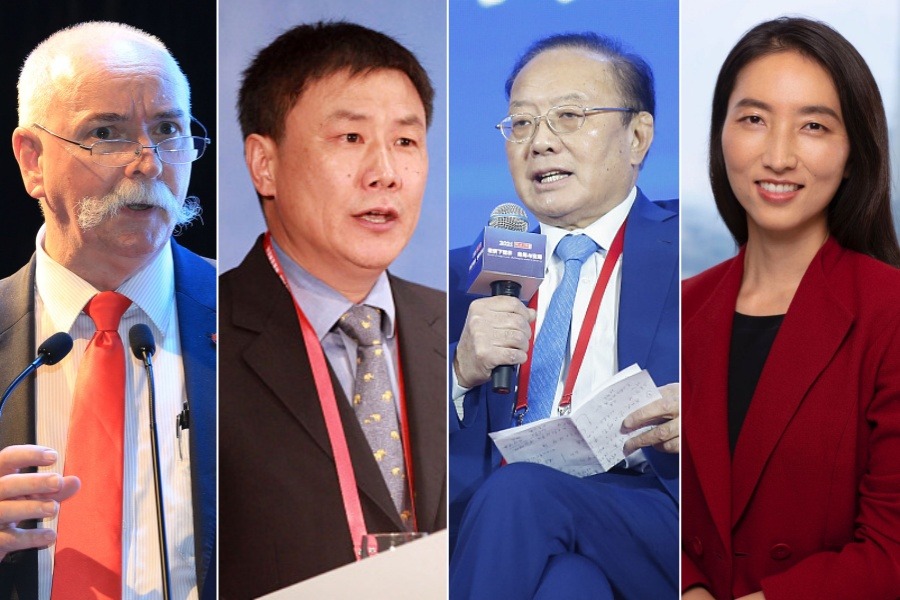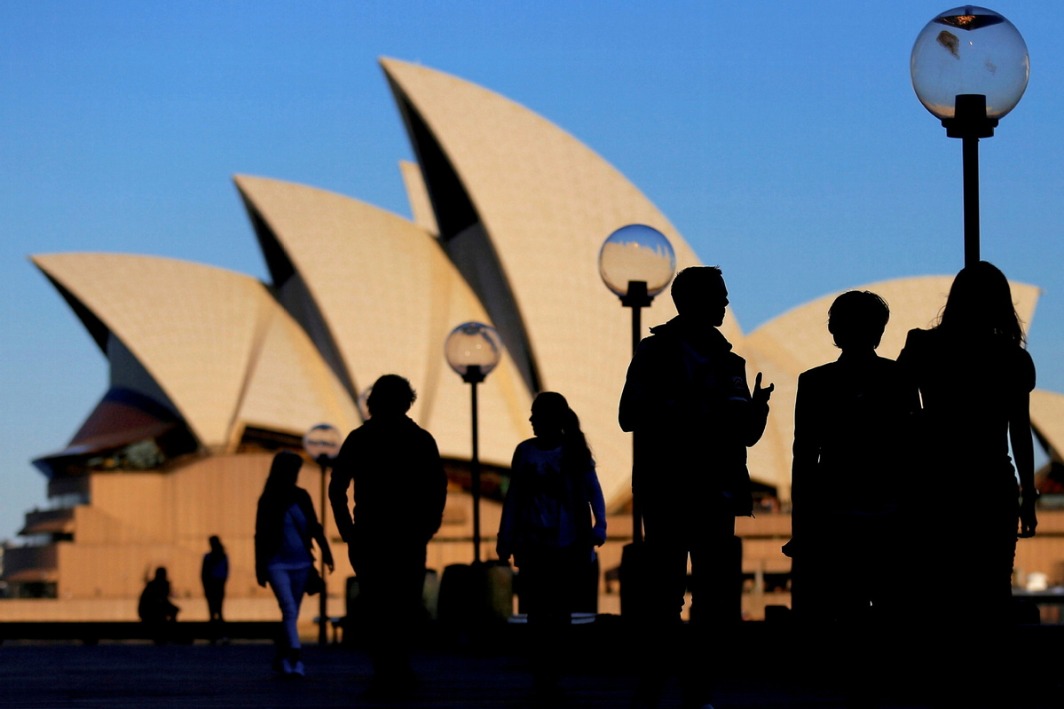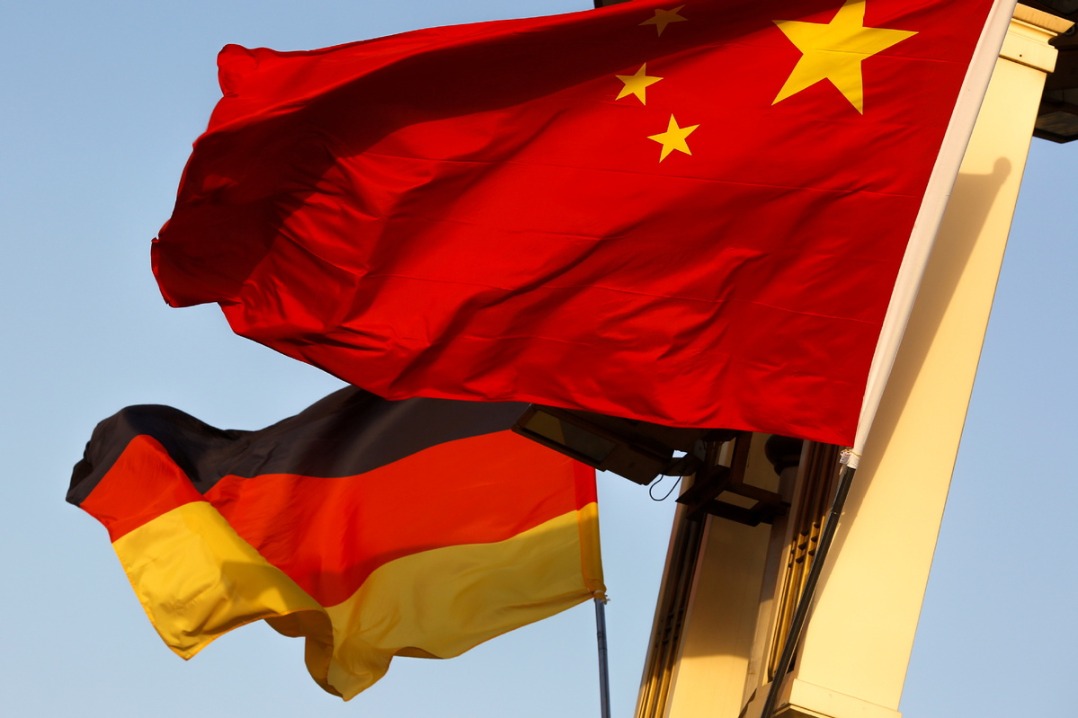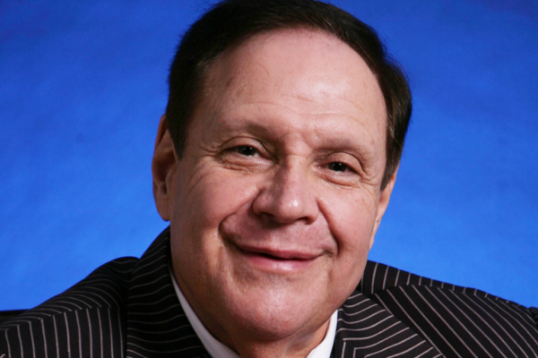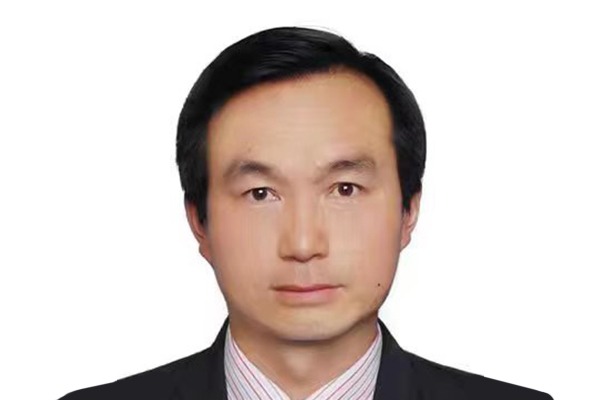Australians with Chinese origins need to come together

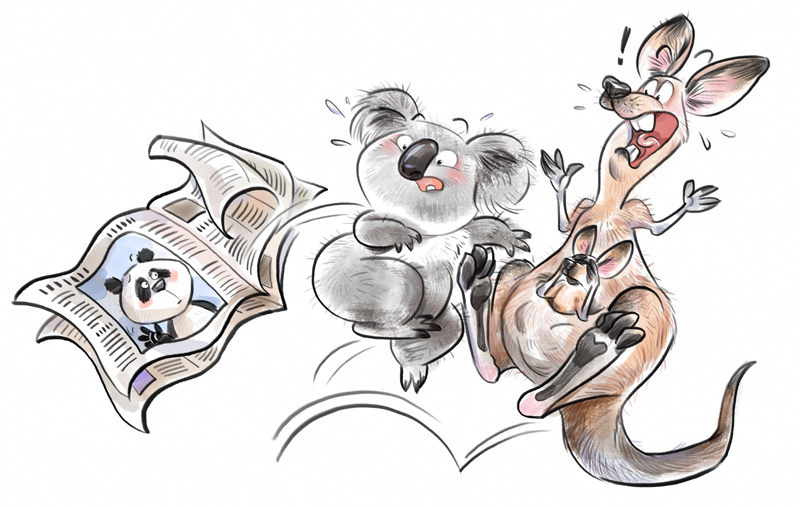
A new burst of messaging against China has been unleashed again by Australian newspapers and the Four Corners program of the Australian Broadcasting Corporation, giving the impression that hostile forces are threatening Australia. In March, former Australian foreign minister Gareth Evans said, "a new form of Sinophobia is emerging". He said this is one of the reasons Chinese-Australians are under-represented in senior leadership in Australia.
Sometimes there have been legitimate concerns lying beneath the surface of the anti-China theory. I have not criticized the Australian government for banning foreign campaign donations or requiring representatives of foreign governments to register with the authorities. On Huawei, I am neutral. Who knows what evidence was considered by the Australian National Security Committee of the Cabinet to justify the ban on the world's biggest telecommunications company as a supplier of 5G equipment?
Publicity conflated, tinged with racism
But, as Evans says, a lot of the publicity has been conflated, even tinged with racism. Take the following examples:
In 2017, former China correspondent for Fairfax John Garnaut alleged that China was exporting "racial chauvinism" to our universities. This generated a raft of headlines and bought warnings from Julie Bishop, then foreign minister, to Chinese students. But a careful survey by James Laurenceson, of the Australia-China Relations Institute at the University of Technology Sydney, of media stories on the subject showed that, with about 130,000 Chinese students in Australia, there were a mere four incidents. And in not a single case was freedom of expression compromised or classroom discussion stifled.
Anti-China media stories focus on large campaign donations to Australian political parties by Chinese businessman Huang Xiangmo. But of the 300 companies in the Australia-China Chamber of Commerce, none donates to political parties, and this includes investors in mining, banking, food and aviation industries. In fact, there is no pattern of donations from China swamping political parties.
A leak that may have come from the Australian Security Intelligence Organization suggested that Chinese-Australians contesting local government elections represented security threats because they might have belonged to an organization called the "Australian Council for the Promotion of Peaceful Reunification of China". Actually, none of the candidates mentioned has ever been associated with agitation or lobbying on issues of concern to Beijing such as the South China Sea, Taiwan or Tibet.
Worst example of anti-China prejudice
One of the worst examples of anti-China prejudices comes from a book written by a professor of public ethics, Clive Hamilton-Silent Invasion published in early 2018. On pages 280-281 Hamilton writes that up to 40 percent of the Chinese in Australia are disloyal. Specifically, he says they are ready "to take to the streets to express their loyalty to Beijing-in other words, to Australia's enemy".
Australia's "enemy"? Certainly not.
But no Australian government has used such kinds of talk since 1972. Australian Prime Minister Scott Morrison has said his government is "absolutely committed to the long-term constructive partnership with China based on shared values, especially mutual respect". And Labor Party leader Bill Shorten has said: "Preemptively framing China as a strategic threat isn't a sufficient response to its role and increasing influence in our region…"
But Hamilton and his supporters such as retired academic John Fitzgerald insist on seeing China as Australia's "enemy". See China as "our enemy" and the next step is that Australians with family links to China can be seen as potential traitors. That is what Hamilton does by saying they are ready to "rise up". His only evidence? Two friends of his with Chinese backgrounds told him so.
None in govt defended Chinese-Australians
Here's what should concern us all. When Hamilton's book was published last year, no one in the Australian federal government rose to defend Chinese-Australians against the appalling smear campaign.
The silence of the government perpetuated the suspicions that anti-China zealots were sowing. In particular, this was a shameful abandonment of former prime minister Malcolm Turnbull's duty to defend any community of multicultural Australia being subject to unfair attacks based on racial or political prejudice.
Any country is entitled to introduce legislation to protect its sovereignty. But when he did so, Turnbull parodied the comment popularly attributed to Chairman Mao Zedong, saying that with this legislation "the Australian people stand up". It could easily be interpreted as finger pointing at China and the Chinese people who have made Australia their home and given it their loyalty.
Why question the loyalty of Chinese-Australians?
An ACRI publication, Australia Talks China, made the point that Australian citizens born in China are less likely than most other migrant groups to push the foreign policy of the country of their birth. We allow Jewish Australians to make a case for Israel. We don't tarnish their loyalty. We allow Armenians, Turks, Tamils and Greeks and migrants from former Yugoslavia the right to argue a case that favors the country of their origin. We don't call their loyalty to Australia in question.
Chinese-Australians have the same right as other Australian citizens. But the propaganda directed at them, and not rebutted by the federal government, is feeding the prejudice of a small minority of Australians who still have old fashioned white Australia prejudices.
On March 11, The Australian reported that the ABC had been forced to retreat from severe allegations made on its Four Corners program in June 2017. The program interviewed a Chinese student, Lu Lupin. She said she was horrified when she saw the broadcast. She alleged that the ABC program had been "recklessly indifferent to the truth" and "severely injured her reputation" by slandering her as a Chinese spy. The ABC apparently accepted her complaint and reached an out of court settlement. But it never made public this agreement.
Media outlet loses defamation case
In February this year, the Sydney Morning Herald lost a defamation case brought by Chinese-Australian businessperson Chau Chak Wing over explosive allegations made against him in October 2015 by the Herald's former China correspondent John Garnaut. The article linked him to a US bribery case. The judgment found in favor of Chau, noting that Garnaut's article adopted a "sneering and deprecating" tone and used language that was "imprecise and loose" and "sensational and hyperbolic".
The judge concluded that Garnaut had "no rational or reasonable basis" for his "extraordinary, if not outlandish and paranoiac, statements or theories… that Dr Chau may have (been) "an agent of … the Chinese State" or…"an actual asset of the Chinese intelligence system".
The judge also noted Garnaut's failures to take contemporaneous notes of his conversations with several people that he had relied on for his article. For a "responsible journalist", taking notes of conversations with sources should be standard practice. Garnaut's failure to do so led the judge to seriously doubt his credibility, and to question whether some of these conversations actually took place at all, or were fictitious additions by Garnaut to add a sheen of authority to his unsupported speculations: "I am not persuaded that Mr Garnaut was being entirely truthful about those matters… The likelihood is that Mr Garnaut's evidence concerning that source was manufactured," the judge said.
Identifying a person as spy without evidence
A Western Australian Labor MP, Pierre Yang, was savaged in The Australian on Dec 6 last year because, the paper alleged, he had spent three months on a Chinese government vessel. This was enough to have him classed as a potential spy.
But it emerges that Yang was serving as an Australian Army reserve captain. He had been mobilized by the Australian Army to serve on the Chinese vessel in the international search for the missing Malaysian Airline flight MH370 because he was a fluent Mandarin speaker and could serve as liaison officer and linguist. No matter that he was performing duties as an exemplary citizen, his loyalty was impugned.
A similar smear campaign was directed at a New South Wales Labor MP Ernest Wong in June 2018 in an article that appeared in the Sydney Morning Herald and claimed that security agencies believed Wong had been targeted by suspected Chinese government intelligence agents. The report emphasized that he had done nothing wrong. Still the charge was impossible for Wong to rebut (how many MPs could say with certainty they haven't been targeted by agents of a foreign government?) and is likely to have damaged his career.
Doubting loyalty on basis of ethnicity
The message is-as Gareth Evans argues-if you are of Chinese background your loyalty to Australia may be suspect.
I think Chinese-background citizens need to learn from Jewish citizens.
Faced with the poison of anti-Semitism, Jews in the United States formed an Anti-Defamation League. The purpose of the league was to quickly reply to racist comments and to defend the Jewish community from those who attacked it. Australians with Chinese origins need to come together to set up a similar body to give legal advice to make defensive statements and educate the public about their community.
I was premier of New South Wales for the longest time. I got to know the Chinese community and got to appreciate its loyalty to Australia and its democracy and cannot imagine Australia without them. They are not pushing a communist party agenda. Now they feel uncomfortable with headlines that associate them with disloyalty.
Chinese-Australians need to set up an organization
And I will offer my advice and support when they are ready to set up an organization to defend this proposition.
It should be an organization without any links to Beijing or any obligation to defend China's system of government, an organization that will assert that migrants from China who do the right thing should not be subject to taunts and stereotypes and vilification.
With this, it might be said, Chinese migrants in Australia will stand up, just as the Jewish migrants did in the US.
The author is director of the Australia-China Relations Institute at the University of Technology Sydney. He is a former foreign minister and the longest-serving premier of New South Wales.
The views don't necessarily represent those of China Daily.



















